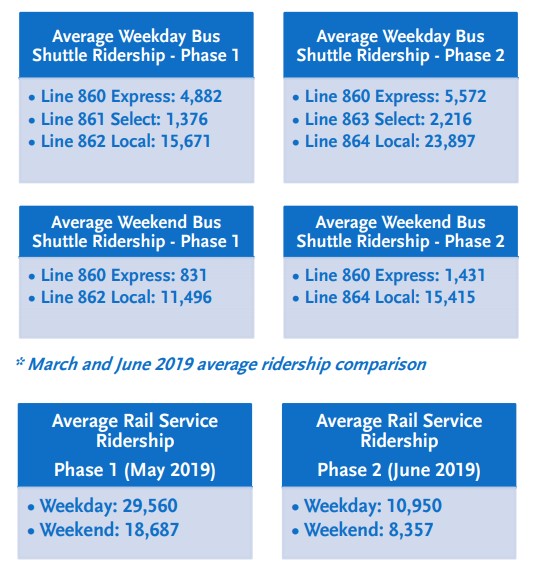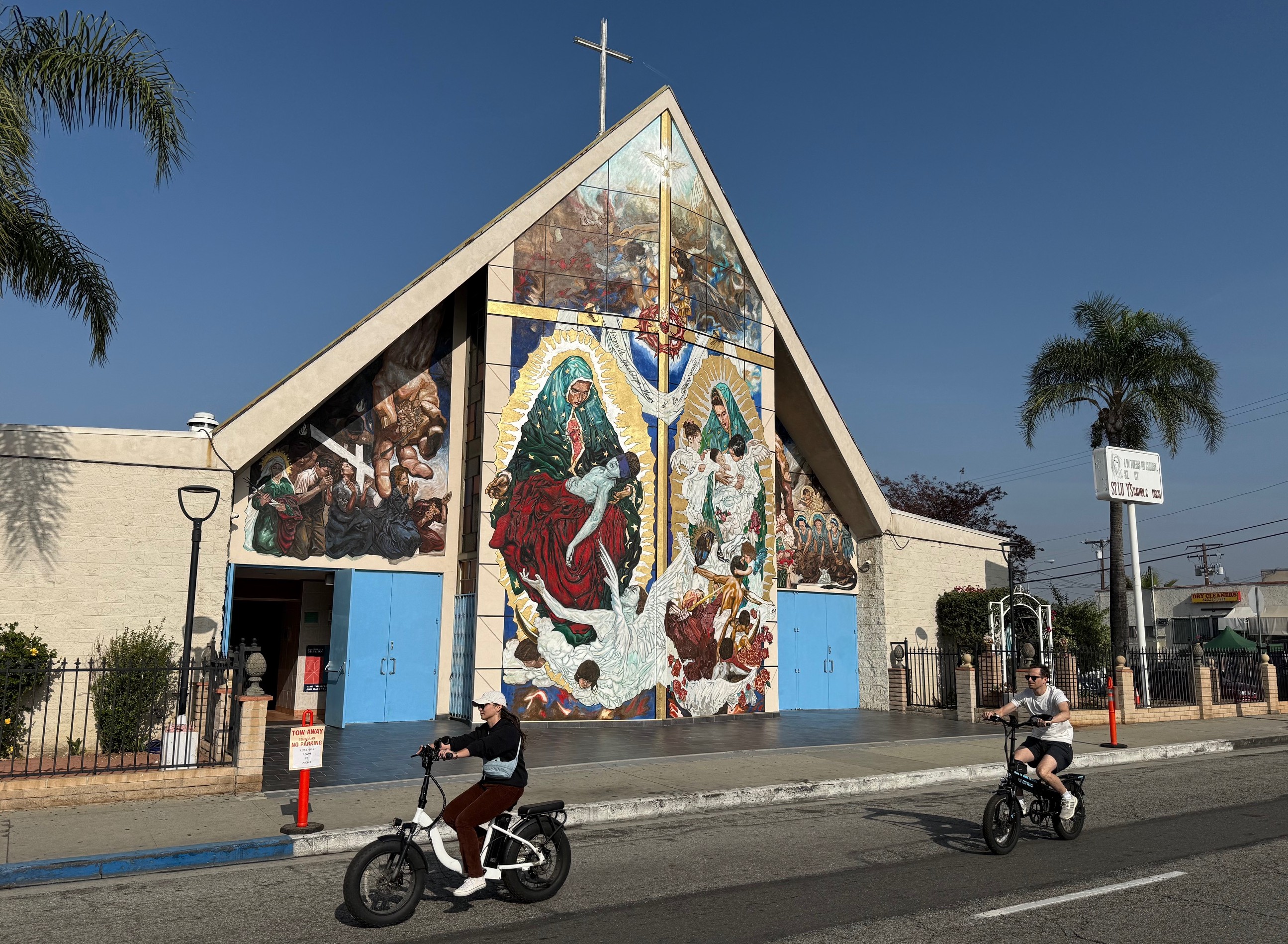Happy New Year, transit riders! Congress has a special present: Some of you will be getting a tax increase this year.

Legislation that puts tax subsidies for transit commuters on equal footing with car commuters has been allowed to expire by Congress. That means people who drive to work can deduct up to $250 in parking expenses each month from their taxable income. But for transit riders, the new limit is $130.
Last year the two were equal at $245, thanks to some shrewd last-minute maneuvering by lawmakers in New York and Massachusetts. This year, no such luck, straphangers. Drivers, on the other hand, get a little bump up.
Many observers -- from outlets including Time and the New Jersey Star-Ledger -- have pointed out that this is obviously backward policy. And they're absolutely right: It's a bad idea to provide an additional financial incentive to commute by car, which has so many negative consequences for society, from air pollution to increased congestion.
Common sense dictates that at the very least, there should be equity between the tax incentives for transit commuters and car commuters. While the path of least political resistance seems to be to raise the maximum transit benefit again, the fact is that most American transit commuters (though definitely not all) would not be affected by that.
Congress should instead achieve commuter tax benefit parity by reducing the incentive for parking so that it's equal to the transit tax break, especially since deficit reduction is purportedly a high priority on Capitol Hill.
How is the national interest at all served by a tax break for parking? It's hard to imagine there are many workers for whom this incentive is essential to afford access to a job. The parking tax benefit is more like a popular but unnecessary perk, enabling car commuters to claim as much as $3,000 tax-free income each year. Meanwhile, we're slashing food stamp benefits. As a simple matter of social policy, anyone car commuting to a $250 per month parking spot probably doesn't need a handout.
But commuter financial incentives do affect how we get around. Multiple studies have proven that leveling the playing field between different modes of commuting leads people to drive less and choose other ways to get to work.
Today, it's the very cities with high land values like Boston and Chicago -- places where parking rates reach $250 a month or higher -- that most need to reduce congestion and cut the number of cars flowing into the city. Using federal tax policy to subsidize parking in a city like Boston leads people to consume more parking and, in turn, space that could be put to more productive use. But monthly costs for most transit commuters in these cities don't come close to $250. While commuter rail and express bus passengers might get something out of the higher tax benefit, the vast majority of train and bus commuters won't.
It won't be politically popular, but lowering the parking benefit is the smarter way to achieve commuter benefit parity.
As a compromise, there's a bill with bipartisan support on the table that would create a $220 maximum monthly tax-deductible benefit for parking and transit (and include bike-share as a form of transit). Unfortunately, so far, Congress seems to be less interested in sound policy than in keeping a broken system of incentives. To convince them to take action, sign on here.





